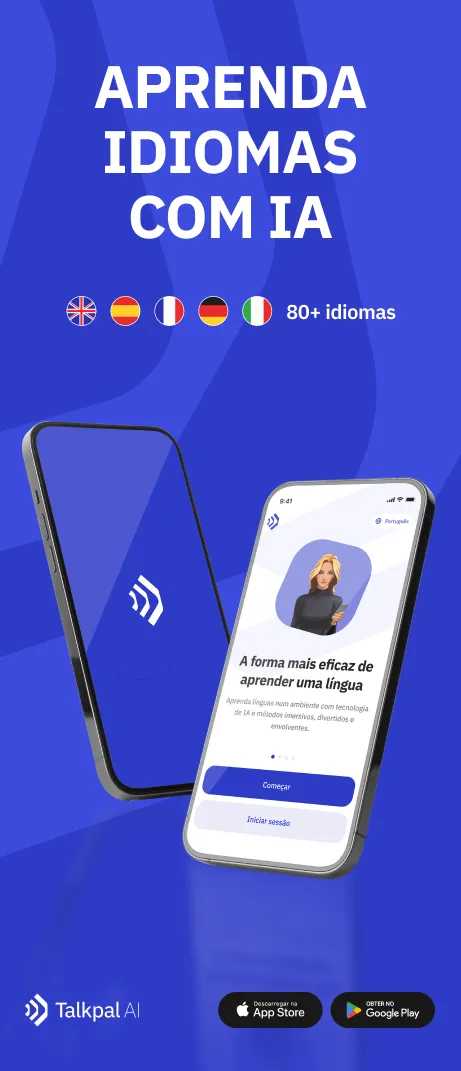Este artigo oferece exercícios práticos que têm como foco a aplicação dos verbos modais em diferentes contextos. Através deste trabalho, os estudantes poderão praticar e reforçar o uso dessas estruturas gramaticais importantes. Acompanhe as frases, preencha as lacunas com o verbo modal apropriado e verifique sua compreensão sobre este tópico vital na gramática inglesa.
Exercício 1: Escolha o verbo modal correto
I *can* (ability) play the guitar very well.
You *must* (obligation) stop at the red light.
She *might* (possibility) come to the party tonight.
We *should* (advice) study for our exam tomorrow.
He *will* (future) travel to France next year.
They *could* (past ability) swim when they were four.
You *may* (permission) enter the room now.
I *would* (conditional) go if I had time.
She *must* (deduction) be at home because her car is in the driveway.
They *shall* (formal) proceed with the plan.
He *should* (expectation) arrive by 2 PM.
You *could* (suggestion) try calling her on her cell phone.
We *might* (tentative) have some vegetarian options.
She *will* (promise) help you with your homework.
I *can* (permission informal) help you if you want.
Exercício 2: Complete com o verbo modal apropriado no passado
Last year, I *could* (ability) run five miles without stopping.
She said she *would* (wish) like to join us if she were not busy.
We *should* (past advice) have taken the other road to avoid traffic.
He *must* (logical assumption) have left early, because he was not at the party when I arrived.
I *might* (past possibility) have gone to the wrong address, that’s why I didn’t see you.
They *could* (past possibility) have been champions if they had won the last game.
She *might* (past permission) have allowed you to use her computer if you had asked.
We *would* (unreal past) have gone to the beach if it hadn’t rained.
He *could* (offer) have helped you with your project if he was free.
You *should* (regret) have called me; I was waiting for your news.
It *might* (small past possibility) not have been such a good idea to eat so much candy.
She *must* (certainty) have been tired after working all night.
I *would* (assumption) have called you sooner, but my phone was dead.
They *could* (suggestion) have tried a different approach to solve the problem.
You *might* (speculate) have seen her at the gym; she goes there every morning.










